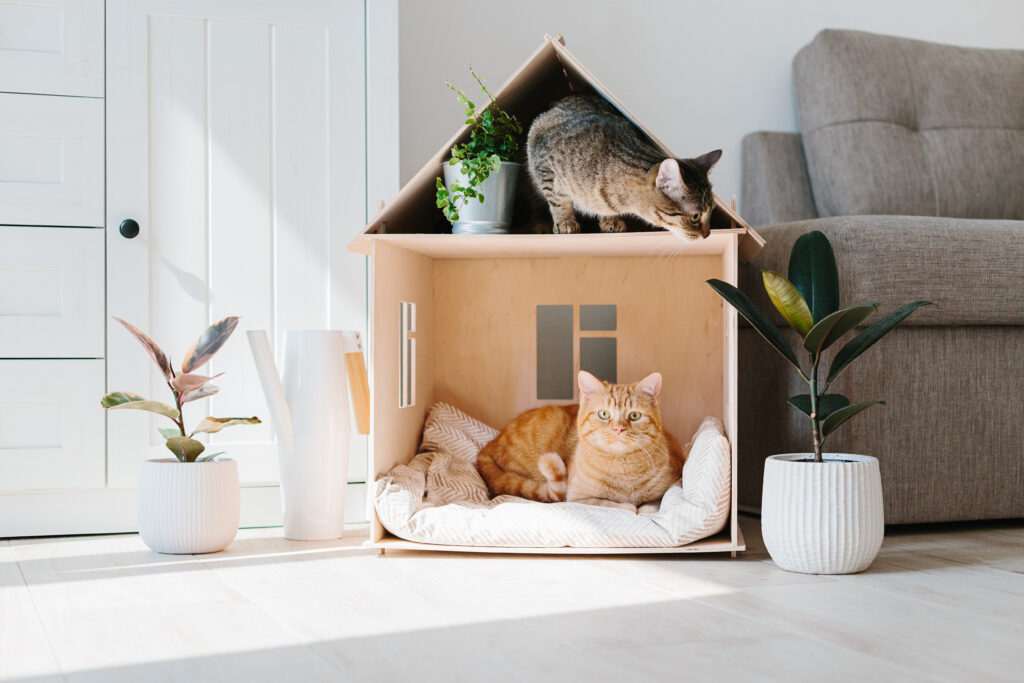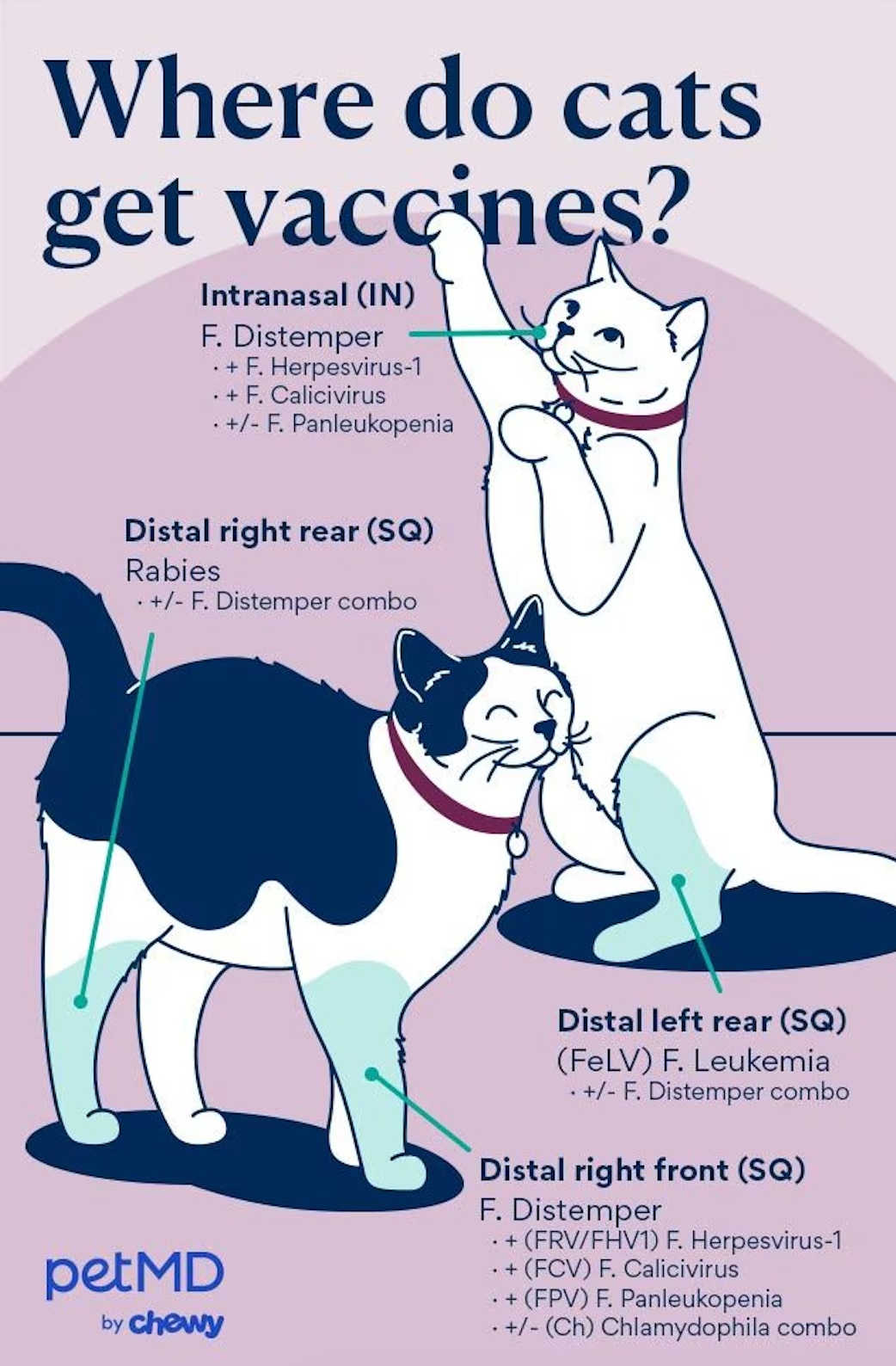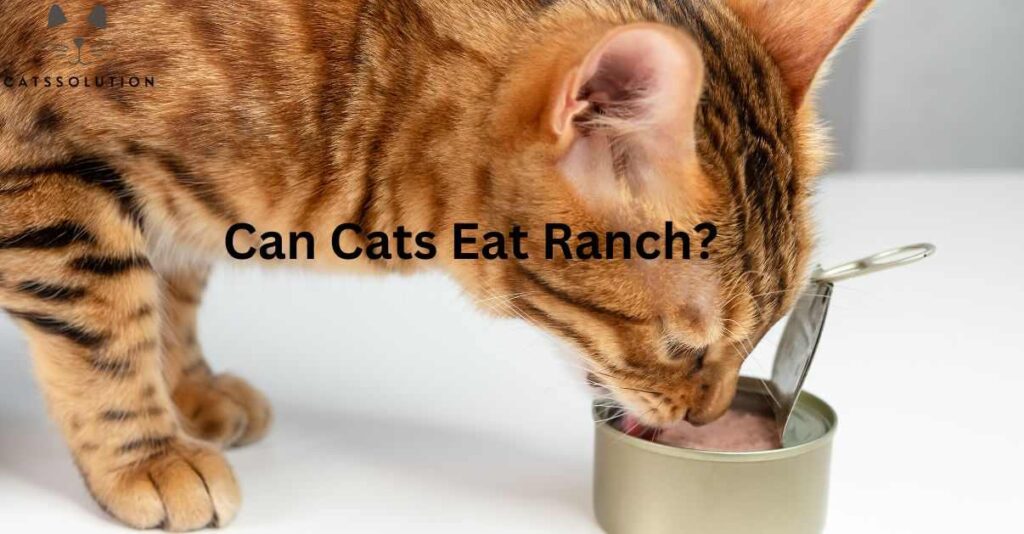Yes, indoor cats do need shots. Vaccinations are essential for their health.
Indoor cats might seem safe from diseases, but they still face risks. They can catch infections from things like open windows, other pets, or even humans bringing germs inside. Vaccines help protect them from these potential threats. Keeping your indoor cat up-to-date on shots ensures they stay healthy and live a long, happy life.
In the following sections, we will explore which vaccinations are necessary and why they are important for your indoor feline friend. Understanding this will help you make informed decisions about your cat’s health.
Contents
Importance Of Vaccinations
Vaccinations are crucial for all cats, even indoor ones. Indoor cats can still get sick. Visitors or new pets can bring diseases inside. Routine shots help keep your cat healthy. Your cat’s immune system gets a boost. Serious illnesses can be avoided with vaccines. Never skip your cat’s annual vet visit.
Vaccines protect cats from common diseases. Rabies, feline distemper, and herpesvirus are dangerous. These diseases can be fatal. Vaccinated cats are less likely to get sick. It’s a simple way to keep them safe. Even indoor cats can catch these diseases. Vaccines can save your cat’s life.
:strip_icc()/adult-cat-vaccination-schedule-4846632_V2-31ce9ac5ef8141e3a7f4cf2b2886eeca.jpg)
Credit: www.thesprucepets.com
Core Vaccines For Indoor Cats
Feline Viral Rhinotracheitis is a common virus in cats. It causes eye and nose infections. This virus spreads easily. Even indoor cats can get it. A vaccine can protect your cat. It’s important for their health.
Calicivirus can make your cat very sick. It affects the mouth and lungs. Cats can get ulcers and have trouble breathing. Vaccination helps to prevent this illness. Even indoor cats need this protection.
Panleukopenia is very dangerous. It is also known as feline distemper. The virus attacks the cat’s intestines. It can cause severe vomiting and diarrhea. Vaccination is crucial for all cats. This includes indoor cats.
Non-core Vaccines
Feline Leukemia Virus is a serious disease for cats. It spreads through saliva, blood, and urine. An infected mother can pass it to her kittens. The vaccine helps protect against this virus. Indoor cats might not need it. But, if they go outside, they could be at risk. It’s essential to talk to your vet.
Bordetella causes respiratory infections in cats. It spreads through the air and close contact. Symptoms include coughing, sneezing, and nasal discharge. Vaccination can help protect your cat. Indoor cats have a lower risk. But, if they meet other cats, consider this vaccine.
Chlamydophila affects the eyes and respiratory system. Symptoms include red eyes, sneezing, and runny nose. This vaccine can help prevent these infections. Indoor cats are less likely to get it. Still, if they are around other cats, the risk increases. Consult your vet about this vaccine.
Kitten Vaccination Schedule
Kittens need shots to stay healthy. They need their first shots at 6-8 weeks. These shots help protect them from diseases. They need more shots every 3-4 weeks until they are 16 weeks old. This keeps them safe from harmful germs.
Kittens need booster shots to stay protected. The first booster is at one year old. After that, they need boosters every 1-3 years. This keeps their immunity strong. Always check with your vet for the best schedule.
Adult Cat Vaccination Schedule
Indoor cats need some vaccinations every year. They need a rabies shot. This shot keeps them safe from rabies. They also need a FVRCP shot. This shot protects from three diseases. These are feline viral rhinotracheitis, calicivirus, and panleukopenia. These diseases can make cats very sick. Protect your cat. Keep them healthy.
Some shots are given every two years. The FeLV shot is one of them. It protects against feline leukemia virus. This virus is serious. Indoor cats can still get it. It spreads through bites or shared dishes. Keep your cat safe. Follow the vaccination schedule.

Credit: sunsetanytime.com
Risks Of Skipping Vaccinations
Indoor cats need shots to prevent diseases. Skipping vaccinations can lead to serious health risks. Protect your cat’s well-being.
Disease Outbreaks
Skipping vaccinations can lead to disease outbreaks. Even indoor cats can get sick. Viruses can enter your home on clothes or shoes. Your cat might escape outside. Unvaccinated cats are at higher risk. Common diseases include rabies and feline distemper. These can be deadly for cats. Vaccines help protect them.
Health Complications
Unvaccinated cats might face health complications. They can suffer from severe illnesses. These can cause long-term damage. Some illnesses can be painful. Vaccines reduce the risk of these problems. Healthy cats live longer and happier lives. Your vet can guide you on needed shots.
Safety And Side Effects
Indoor cats need shots to protect against diseases. Vaccines can cause mild side effects like soreness or fever. Safety is important for your pet’s health.
Common Side Effects
Indoor cats might get shots. Some common side effects include swelling at the shot site. Cats may feel tired or sleepy. Mild fever can occur too. These effects usually go away fast. Most side effects are not serious.
Rare Complications
Rare complications can happen sometimes. Allergic reactions are one. Your cat might have trouble breathing. Swelling of the face can occur. Severe reactions need a vet right away. Another rare issue is a lump at the shot site. This lump can grow bigger. Most cats do not face these issues.
Consulting With Your Veterinarian
Consult with your veterinarian about indoor cats needing shots. Vaccinations protect cats from diseases, even if they stay inside. Regular vet visits ensure your cat’s health is well-monitored.
Personalized Vaccine Plans
Each cat is unique. Your veterinarian can create a personalized vaccine plan. This plan depends on your cat’s age, health, and lifestyle. Even indoor cats need vaccines. They can still catch diseases. They can get sick from other pets or even from you. Vaccines protect them from serious illnesses. A vet can tell which vaccines are needed. Regular check-ups ensure your cat stays healthy. Discuss any concerns with your vet. They can explain why each vaccine is important.
Addressing Concerns
Some cat owners worry about vaccines. They fear side effects. Most side effects are mild. They might include soreness or tiredness. Serious reactions are rare. Your vet can answer questions. They can provide information on safety. Vaccines help keep your cat safe. They prevent many diseases. It is better to prevent illness than to treat it. Always talk to your vet about your concerns. They can guide you in making the best choices for your pet.

Credit: www.petmd.com
Frequently Asked Questions
Do Indoor Cats Need Vaccinations?
Yes, indoor cats still need vaccinations. Vaccinations protect against diseases they can catch from other animals or indoor environments.
What Vaccines Do Indoor Cats Need?
Indoor cats need core vaccines like rabies, feline distemper, and feline herpesvirus. These vaccines are essential for their overall health.
How Often Should Indoor Cats Get Shots?
Indoor cats should get booster shots annually. Consult your vet for an appropriate vaccination schedule tailored to your cat.
Are Vaccines Safe For Indoor Cats?
Yes, vaccines are generally safe for indoor cats. They prevent serious diseases and potential health issues, ensuring your cat stays healthy.
Conclusion
Indoor cats still need shots. Vaccinations protect them from serious diseases. Even inside, risks exist. Cats can escape or other animals might enter. Regular vet visits ensure health and safety. Shots are a simple way to keep your cat healthy.
Consult your vet about the best vaccination schedule. Your indoor cat’s well-being depends on it. Make their health a priority.
Katie Lindsey is a passionate cat lover and founder of Cats Solution, a comprehensive resource for all things feline. With a lifelong love for cats and extensive knowledge in their care and behavior, she provides expert advice and solutions to cat owners. Through her website, Katie fosters a supportive community where cat enthusiasts can find guidance and heartwarming stories. A dedicated advocate for animal welfare, Katie also promotes responsible pet ownership and adoption. Join her on this purr-fect journey celebrating the joy of feline companionship.

